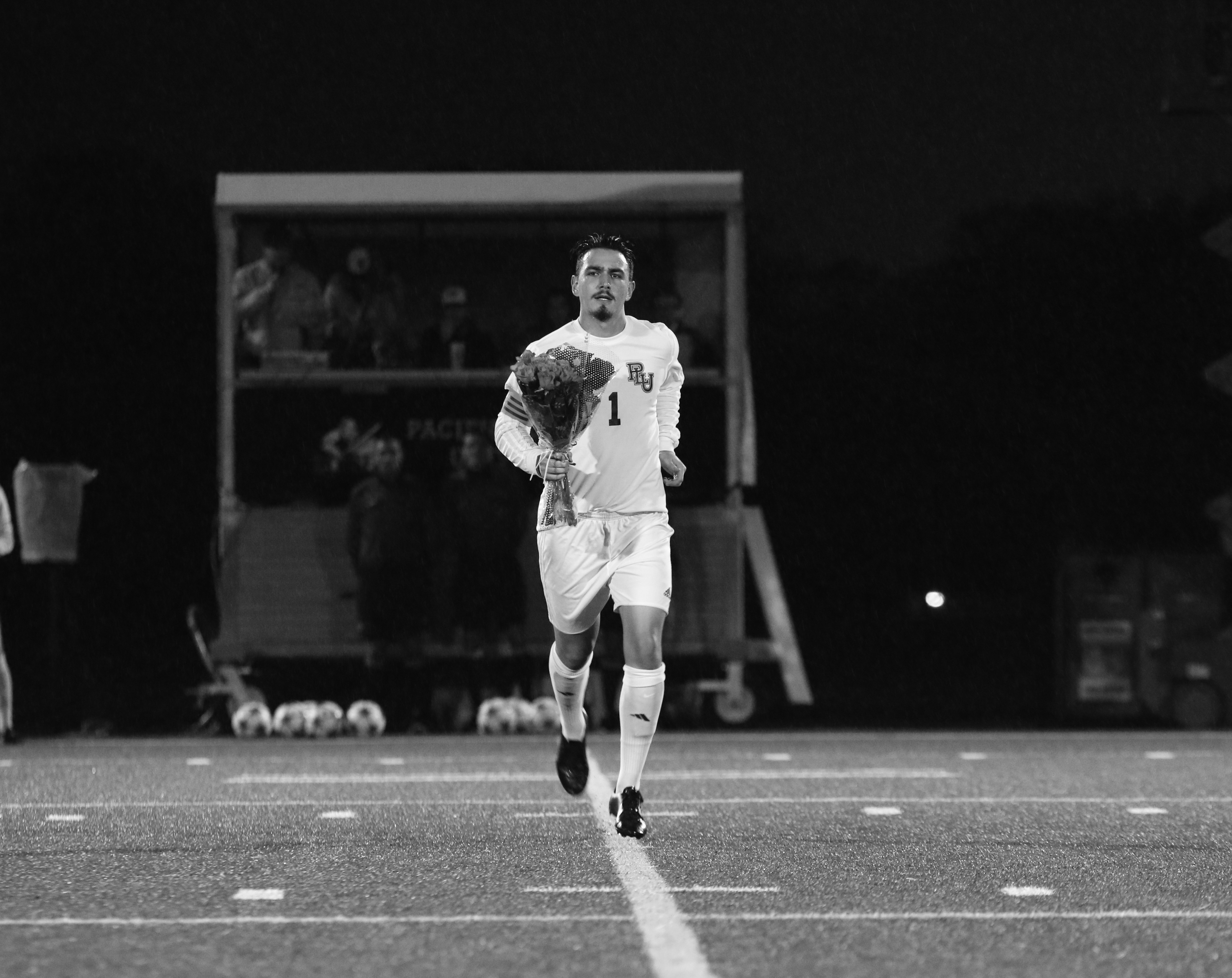Nolan James & Kiyomi Kishaba
Writer & Opinion Editor
Through panels and presentations from experts in military, technology, art, and scholarly studies, the Pacific Lutheran University Communications Department explored the influence of drones on human life during the Life Under Drones symposium.
PLU junior Alex Williams of the Student Planning Committee greeted people on September 18 as they entered the event. Williams said the Drone Symposium had been a long time in the making.
“Back in March, the Communications Department held an open call for students and had students apply for the position,” Williams said. “They wanted a student from strategy communications, film and media and civic engagement. It has been two years in the making.”
The event also provided an interesting place for community engagement, and drew in a lot of people from off-campus.
“For the debate, we got people from the University of Washington Tacoma and Seattle University. We had students from the University of Chicago Laboratory Schools and students touring the U.S. We had a good representation of diverse perspectives and backgrounds,” Williams said.
Hanna McCauley, another member of the Student Planning Committee, worked behind the scenes to help set up the event.
“It was a lot of work to coordinate this event over the summer, but I really enjoyed getting to be a part of it. It wouldn’t have been possible without our amazing planning committee: Dr. Kate Hoyt, Dr. Marnie Ritchie, Tate Adams, Alex Williams, Hallie Harper and Raven Lirio,” McCauley said.
McCauley attended a few of the panels herself, and was grateful for the opportunity to learn and discuss the topic of drone influence.
“I really enjoyed learning from all of the guest speakers with various backgrounds,” McCauley said. “There seems to be a lot of opportunities in the future for drone technology in investigative and data journalism.”
The symposium provided insight into a variety of perspectives on the role of drones in media, present life and the future. Professors and experts as well as PLU students led the discussions.
Alongside Dr. Ben Meiches of the University of Washington Tacoma and Dr. Aislinn Melchior of the University of Puget Sound, Junior Joshua Porterfield presented a class essay which discussed moral problems with drone use.
“I was trying to understand safety and how pilots understand it. One of the things I pointed out is that if pilots suffer trauma, this can cause an ethical problem because it could cause undue harm to the pilot,” Porterfield said.
Keynote speaker Seth Weinberger raised questions of the value of unmanned drones. A professor of politics and government at the University of Puget Sound, Weinberger discussed the ways in which drones have the potential to increase and decrease violence.
Drones may instigate violence, he suggested, but the level is less great because the shooting down of drones does not result in the loss of human life.
“I suspect that while the introduction of drones may indeed make the use of force more likely at certain levels, the fact that drones do not involve human life, at least on the drone-using side, may actually help reduce the likelihood of escalation from certain kinds of uses of force in the first place,” Weinberger said.
Weinberger cited the recent scandal of President Trump’s response to the attack of a $130 million US drone over Iran. The President initially called for a violent response but upon hearing it would kill 150 Iranians decided against it.
“The President is sort of upset that money has been lost, but is clearly able to draw or separate in a way similar to proportionality, that killing 150 Iranians is not justified by that,” Weinberger said.
Dr. Marnie Ritchie, co-director of the Life Under Drones Symposium, echoed Weinberger in her shared closing remarks with fellow professor and co-director Dr. Kate Hoyt.
“We think that one takeaway is that the conversations about affordances [a reference to human-machine interaction] and challenges should happen in the context of ethics,” Ritchie said.
Ritchie and Hoyt left the audience with further reflections on the role of drones in daily life, and the influence communities can have on their uses.
“As we end this event we hope that we will all consider how to fearlessly confront these organizing logics in our work, activism and personal lives,” Ritchie said. “Because we come from colonized and colonizing places, those legacies will continue to impact the future of drones.”



















